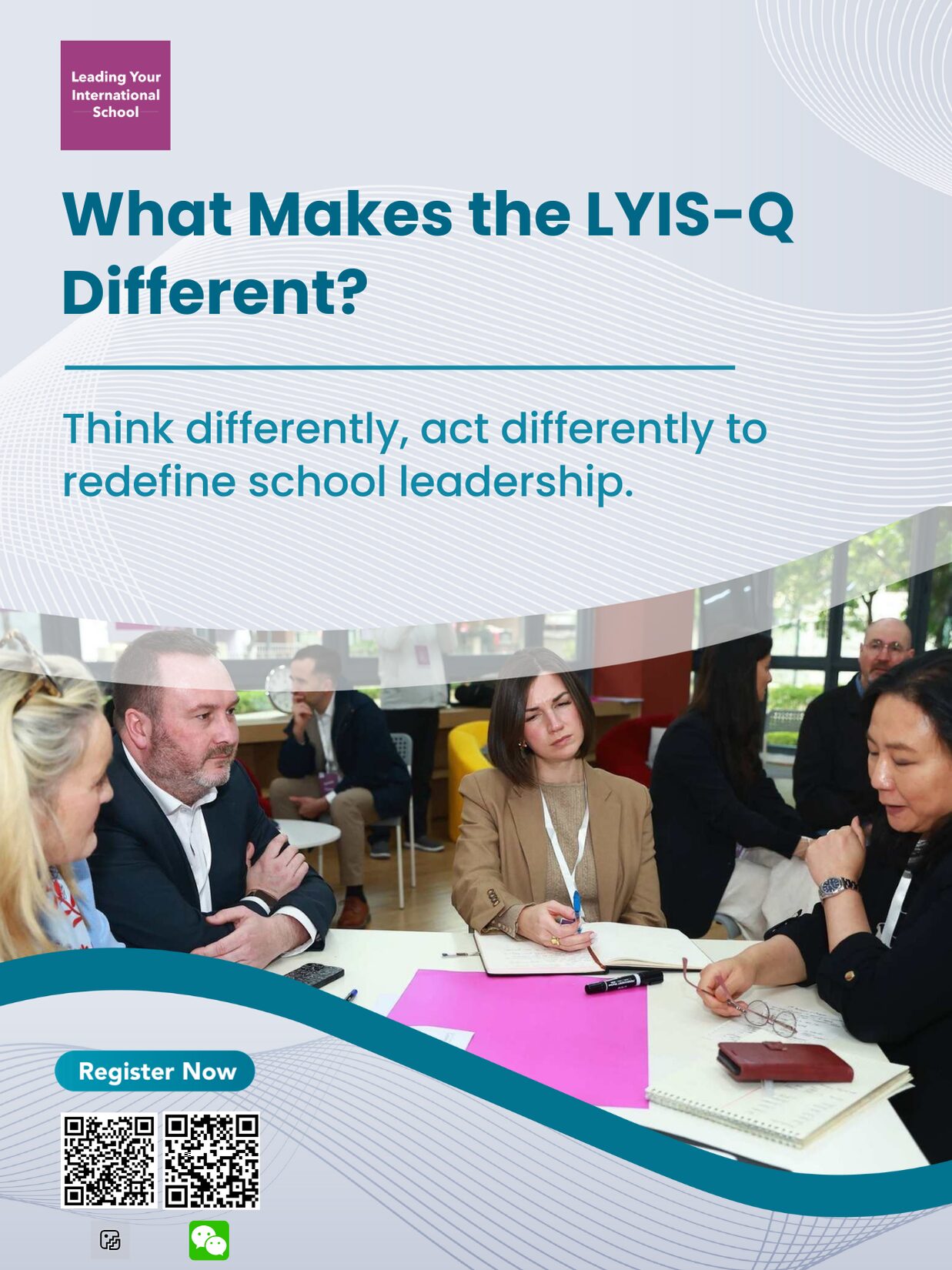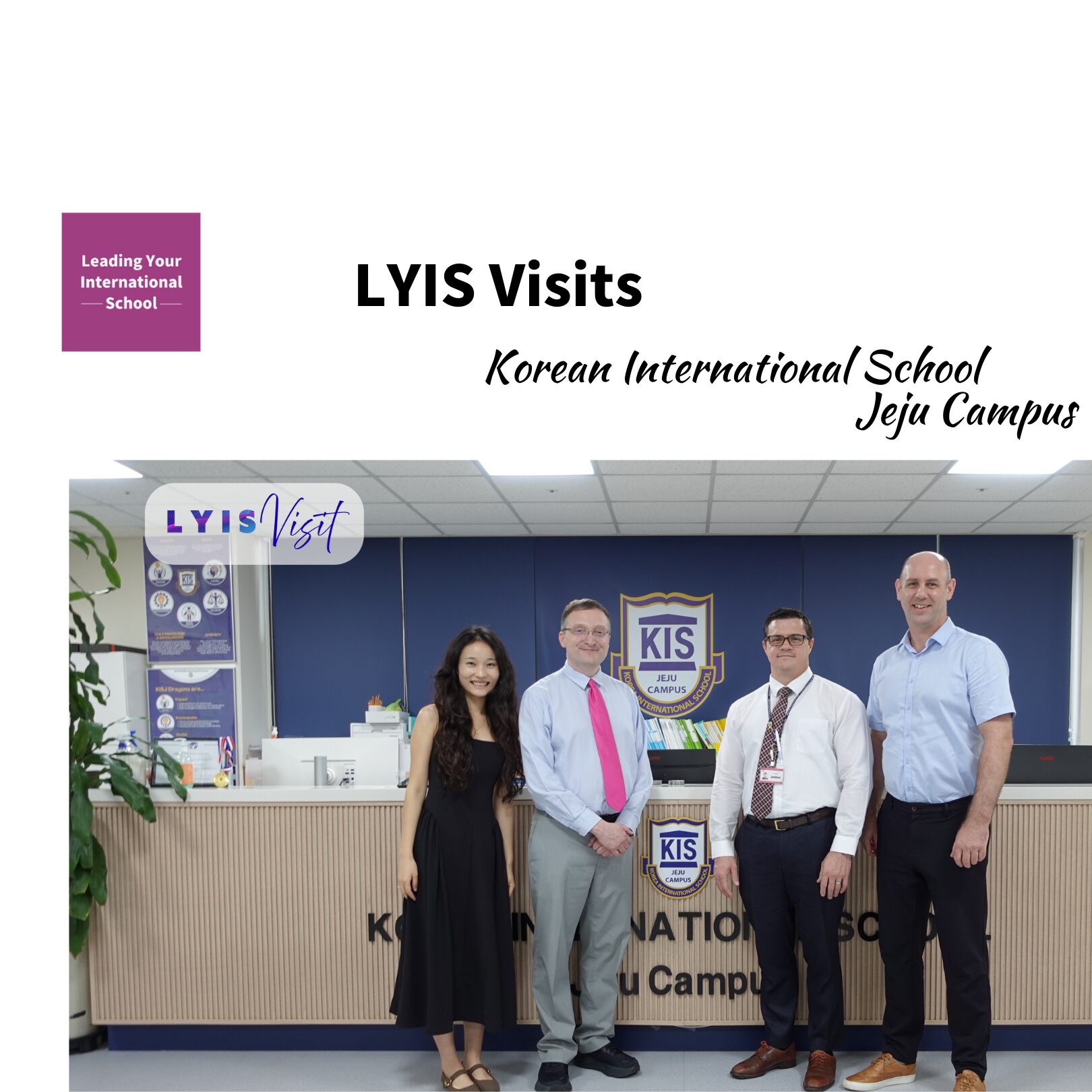by André Double
It was a pleasure to visit the Korea International School, Jeju Campus, as guests of the School Director, Patrick Carroll – particularly meaningful, as it came six years after my original plan was postponed due to the global pandemic. To finally walk the halls of KISJ and engage with Patrick’s leadership team was a humbling experience.
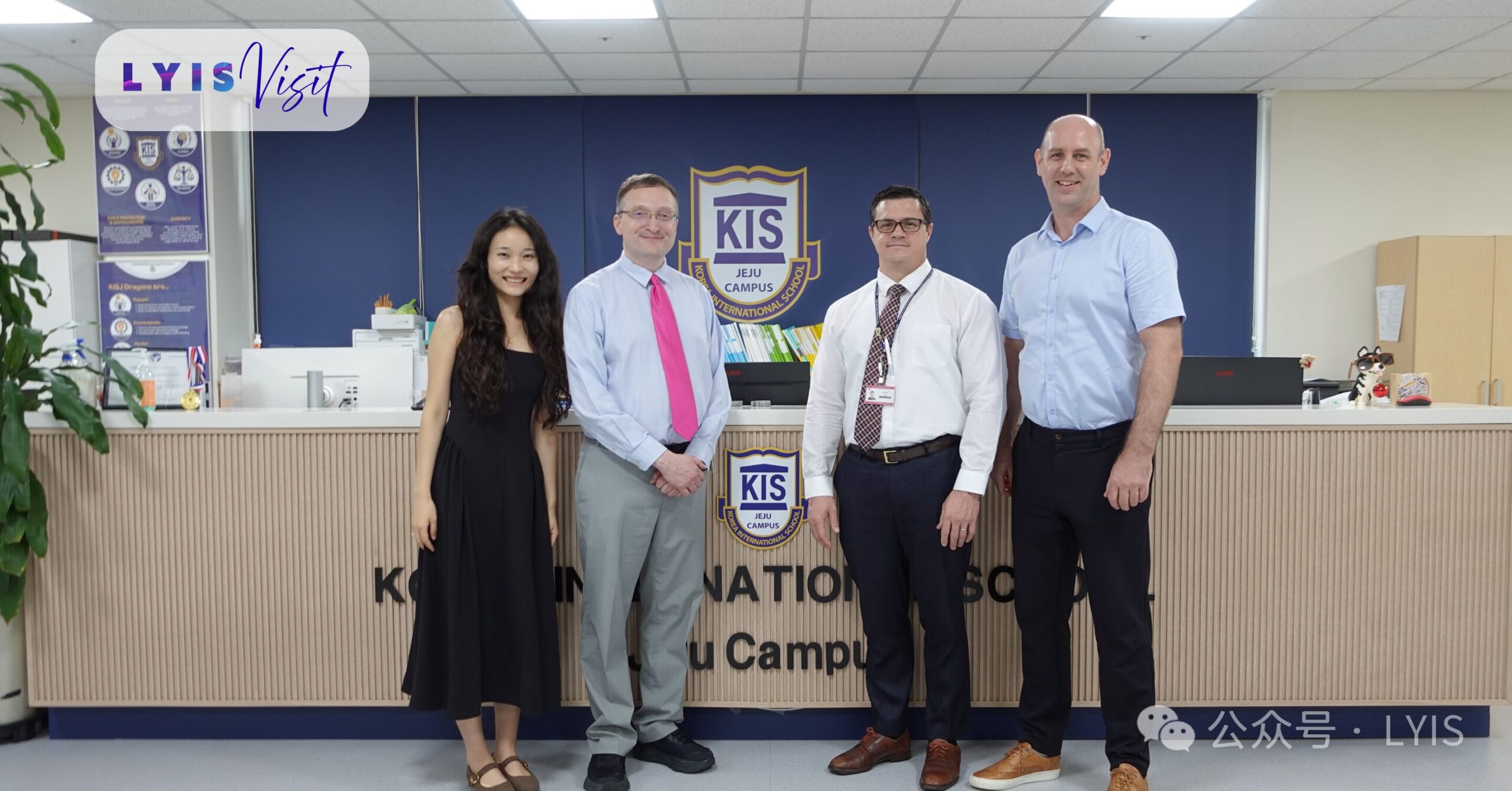
The culture at KIS is meticulously developed through intentional, ongoing leadership practices. Its mission, brought to life through four key pillars: Respect, Responsibility, Collaboration, and Communication. I was struck by the level of engagement from the leadership team. Our discussion on “internationalism” kicked us off. Victoria Hoult then explained how KIS actively articulates the school’s unique approach to learning, ensuring parents are true partners in the educational journey. A learning-centred ethos permeates KISJ. There is a clear ambition for every student, supported by extremely high levels of academic success rooted in positive staff-student relationships as well as extensive ELL support. From Elementary to High School, we saw students who were highly engaged. As Elementary Principal Jim French noted, effective teachers at KIS “know when and how to push individual students towards personalised growth”.
Ambition extends to the entire community. The school’s innovative approach to involving parents in “learning walks” is a powerful form of curriculum communication, creating a shared understanding of how children learn and is a purposeful path towards a learning-centred culture. Perhaps the most compelling insight was into KISJ’s strategic approach to empowering its people. The leadership team consciously builds belonging rather than waiting for it to happen, driven by a rigorous hiring process that prioritises attitude and cultural fit alongside skills.
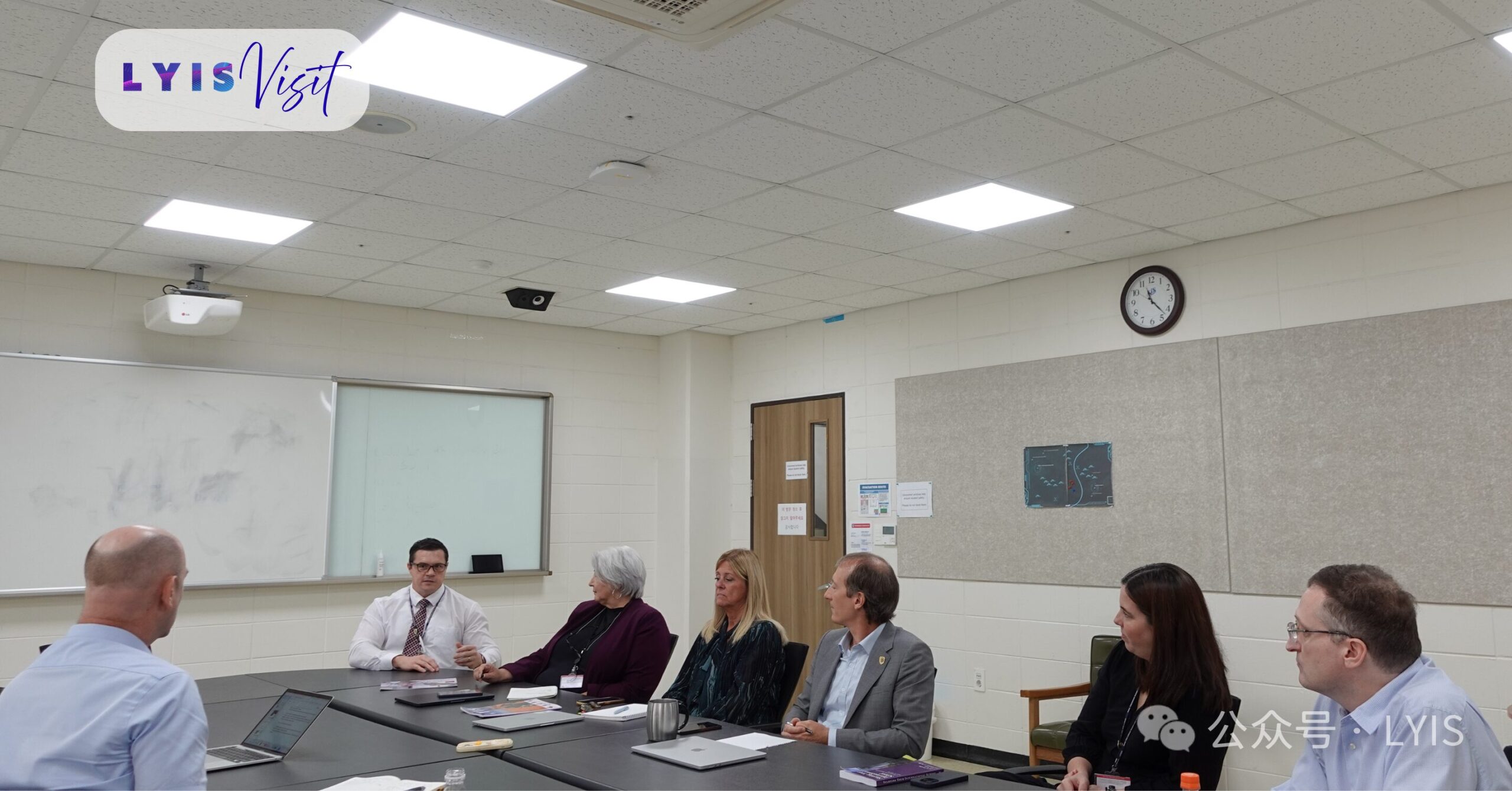
As Patrick explained, “We hire for attitude, adding, ‘You can teach people skills.” The interview process is also designed to share collaboration as a non-negotiable, and adaptability is probed. A positive approach to challenge is essential, viewing conflict as an opportunity for professional growth.
This focus on empowerment continues with leadership development. Middle School Principal Stacy Keevan highlighted a principal internship programme, a powerful example of a sustainable leadership legacy that mentors future leaders by immersing them in the day-to-day realities of the role.
This leadership team demonstrates a thoughtful, evidence-based approach to change and innovation. Patrick spoke of “protecting people” from top-down initiatives, favouring a model that allows teachers to “do what works” within a supportive framework.
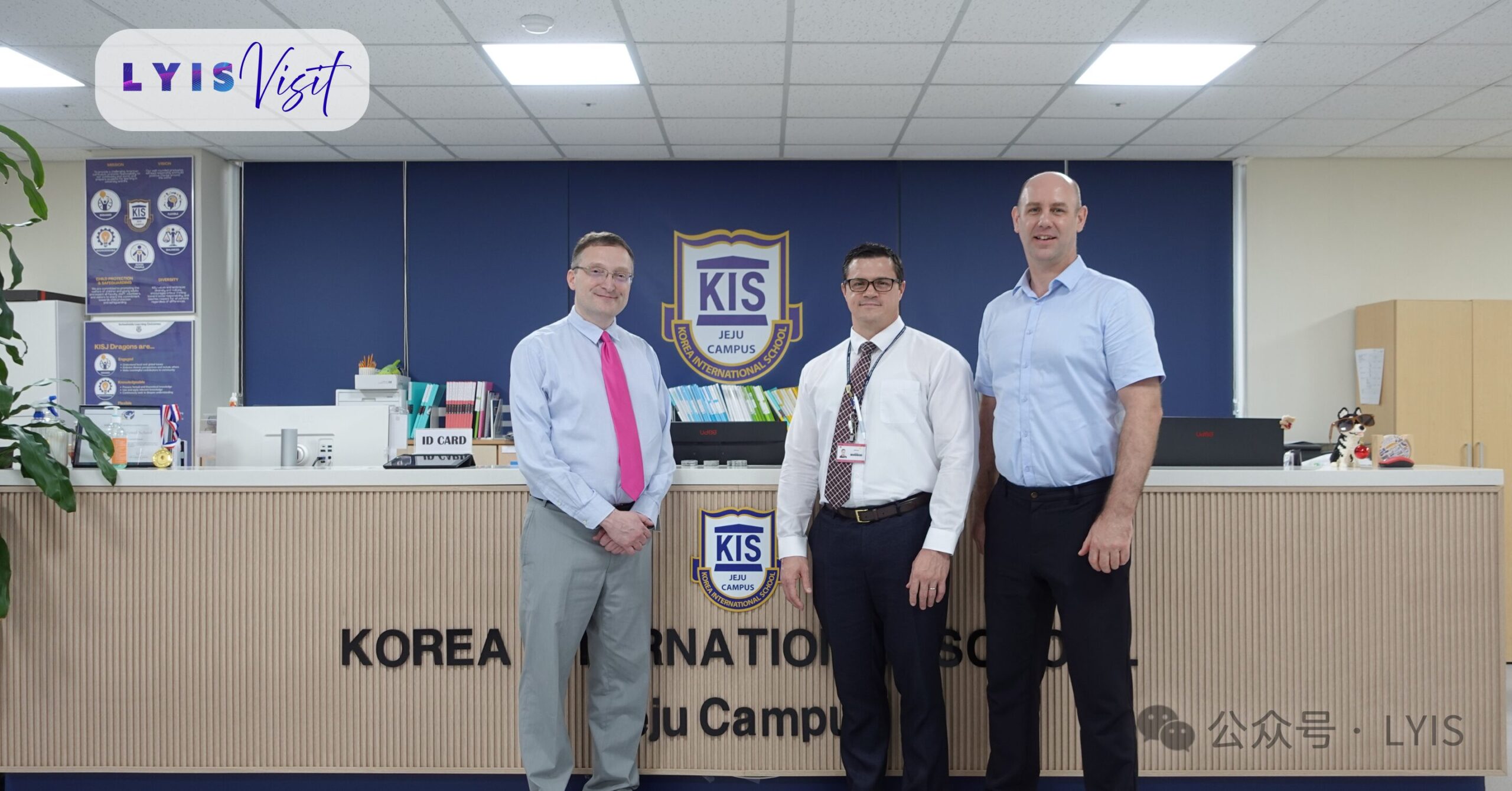
The challenges discussed, such as navigating the “third culture” for students and families or finding more time for long-term planning, are being met with authentic conversation and collaborative problem-solving, ensuring change is managed with stakeholder involvement.
Thank you to everyone for making us so welcome.
André Double, Founder & CEO, LYIS
